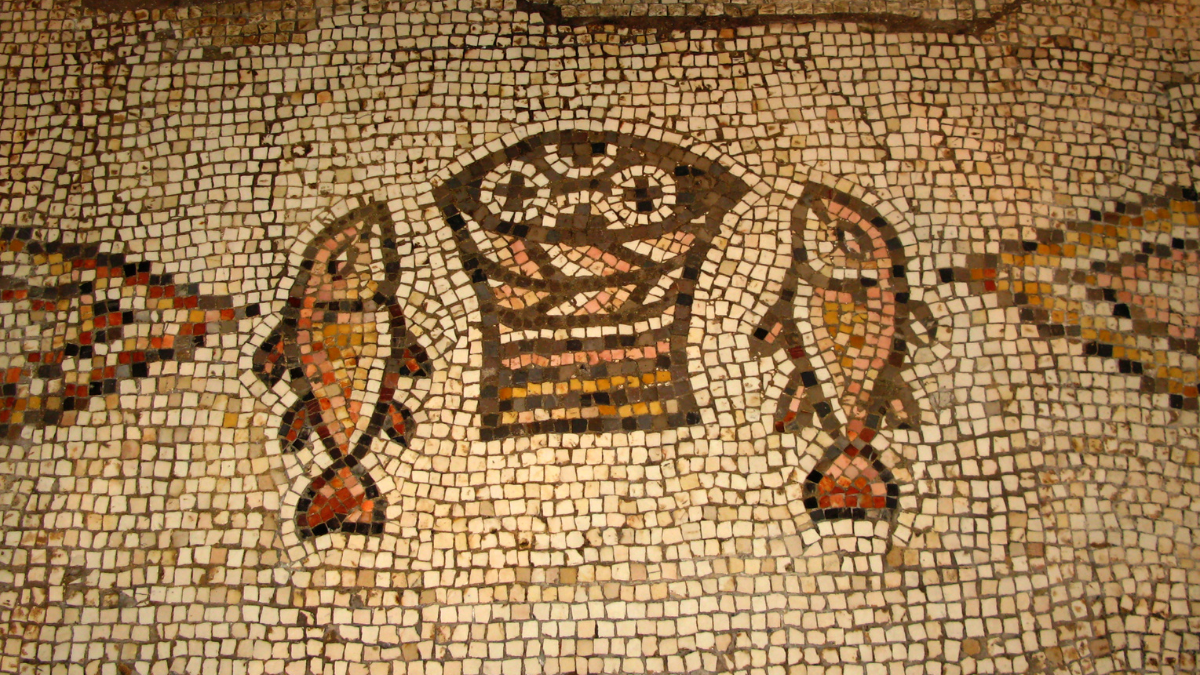I mentioned earlier that the New Testament is a rare text from the ancient world for loads of reasons, but one curious fact is that everything about it tells us its history from below, not from above. Here’s how the famous classical historian and New Testament expert Teresa Morgan put it to me:
One of the fascinating things about early Christian text is that they are exactly the kind of evidence for the ancient world that we have very little of. These are not the productions of the elite, so this really is the community literature of very ordinary people. As such, it’s actually a priceless document in social history of a kind that we have almost no parallel for.
Very ordinary people. I love it. Theologically speaking, I’d say that God chose to speak the New Testament from below, not from on high. Most ancient sources are elite sources, Pliny, Tacitus, Suetonius, Philo, Josephus, Plutarch, and on and on. There’s always a suspicion when you’re reading an elite source that we are missing the voice of the vast majority of ancient people. There’s another suspicion that what we are reading is an expression of power and an attempt to maintain control. Now, I know people sometimes fear this is also true of the Bible, but the fact is the New Testament raises none of those power suspicions.
The language of the New Testament, as we’ve already seen, is non-elite language. It’s koine or common Greek. Early manuscript copies are all in non-elite handwriting, nothing like the handwriting you get in manuscript copies from, say, the fifth or sixth centuries, and key figures of the story, Jesus and his fishermen, are all non-elite. Emperor Augustus and Tiberius and people like that, of course, get mentions as does high priest Caiaphas, and Governor Pontius Pilate, but astonishingly for ancient literature, these are marginal characters in the story.
Despite the later history of the church as a bully toward others, the texts themselves are the writings of the underdog. The last thing the New Testament is about is control or manipulation. Indeed, the texts themselves are like the events that Christian gospel recounts about a Lord who entered the world from below, born into a manger, died on a Roman cross.
Christianity, like the language its documents are written in, is humble, open to everyone. Because it is for everyone.
By John Dickson
Bookish Religion?
Want to hear the rest of the episode?
Check out episode 77: “Bookish Religion?”















































